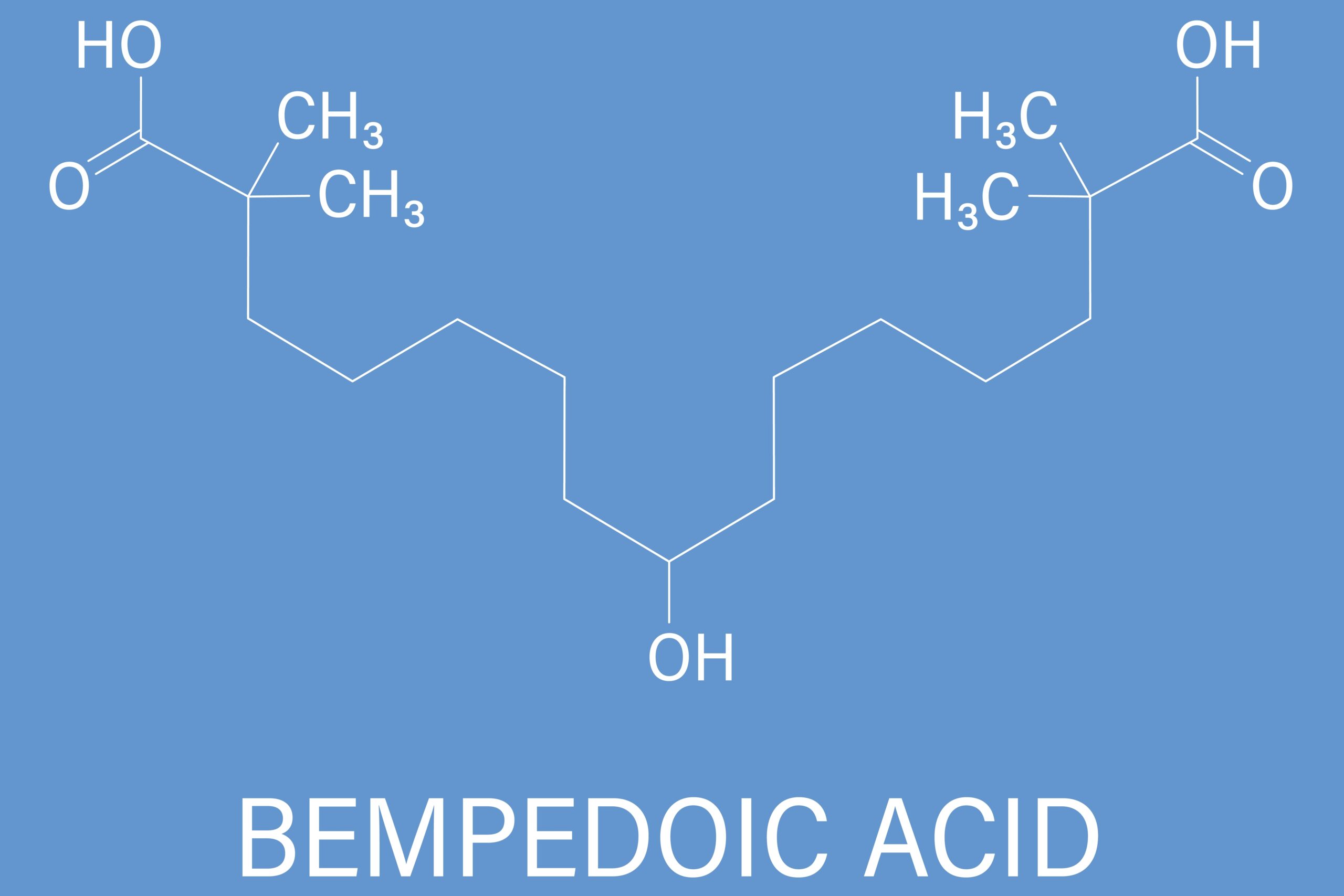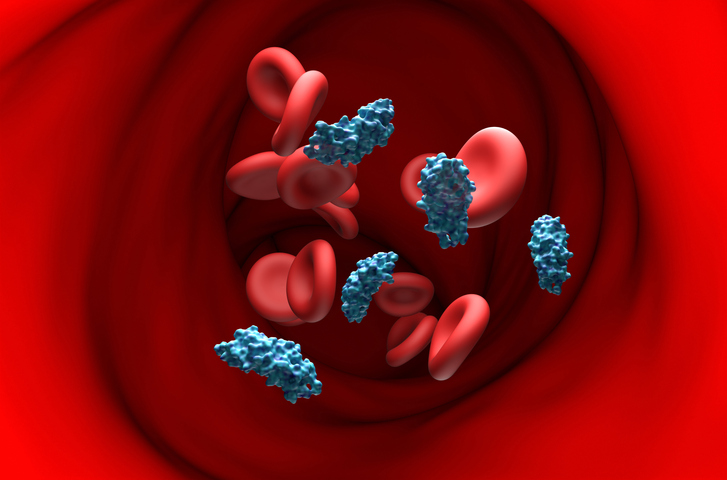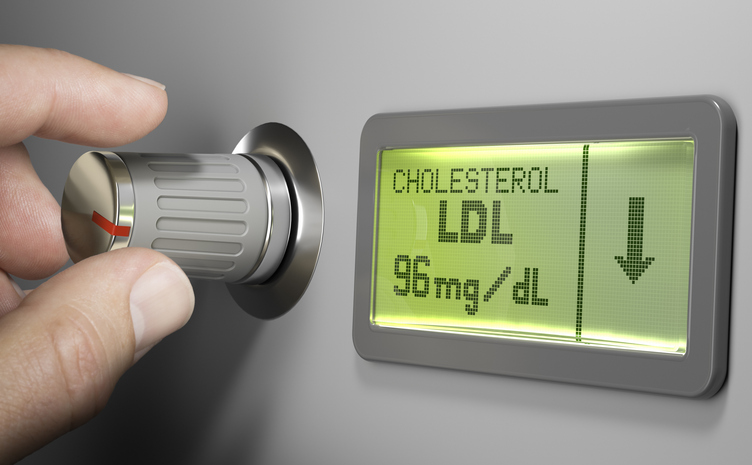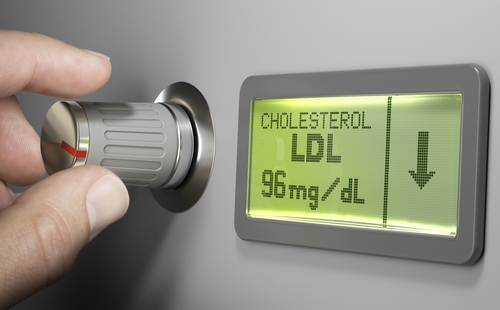
When it comes to cardiovascular risk reduction, bempedoic acid treatment is similarly effective at lowering low-density lipoprotein cholesterol (LDL-C) compared with statins, according to a study published in the Journal of the American College of Cardiology.
“It is not yet known if the relationship between LDL-C lowering and cardiovascular benefits achieved with bempedoic acid is similar to that with statins or other therapies when standardized per unit change in LDL-C. This question has clinical relevance as statins and bempedoic acid target distinct enzymes in the intrinsic cholesterol synthesis pathway. This prespecified secondary analysis of the CLEAR Outcomes trial aimed to determine whether bempedoic acid produces cardiovascular benefit to the same extent as statins when standardized for LDL-C lowering using the methodology of the CTTC,” the researchers noted.
To conduct this study, researchers analyzed 13,970 patients between the ages of 18 and 85 who were enrolled in the CLEAR outcomes trial. The population of interest all had preexisting cardiovascular disease or elevated cardiovascular risk and had a baseline LDL-C level of 100 mg/dL (2.6 mmol/L) or higher, and were either unable or unwilling to receive statins due to adverse events that had started or increased during statin therapy and resolved or improved following statin discontinuation. The primary efficacy end point of interest was a 4-component MACE composite of death from cardiovascular causes, nonfatal myocardial infarction, nonfatal stroke, or coronary revascularization in a time-to-first-event analysis.
According to the findings, the first major vascular event occurred in 10.1% patients in the bempedoic acid group and 11.7% patients in the placebo group (HR: 0.85; 95% CI: 0.77-0.94). The investigators noted that normalized risk reductions were similar for both bempedoic acid and statins for the end points of major coronary events, nonfatal myocardial infarction, and coronary revascularization.
“By confirming that the proportional relationship between cardiovascular risk reduction and magnitude of LDL-C lowering by bempedoic acid is similar to that of statins, the results of this analysis of the CLEAR Outcomes trial reinforce the primary goal of lipid management to achieve optimal LDL-C lowering, rather than focus on the specific class of agents used
to do so,” the researchers concluded. They added that while “statins remain the first-line therapy in cardiovascular disease prevention, treatment with bempedoic acid can provide significant reductions in cardiovascular risk among patients who cannot achieve desired LDL-C levels with statins, including those are unable or unwilling to tolerate guideline recommended doses of statins or who fail to experience sufficient LDL-C lowering despite intensive statin therapy.”







 © 2025 Mashup Media, LLC, a Formedics Property. All Rights Reserved.
© 2025 Mashup Media, LLC, a Formedics Property. All Rights Reserved.